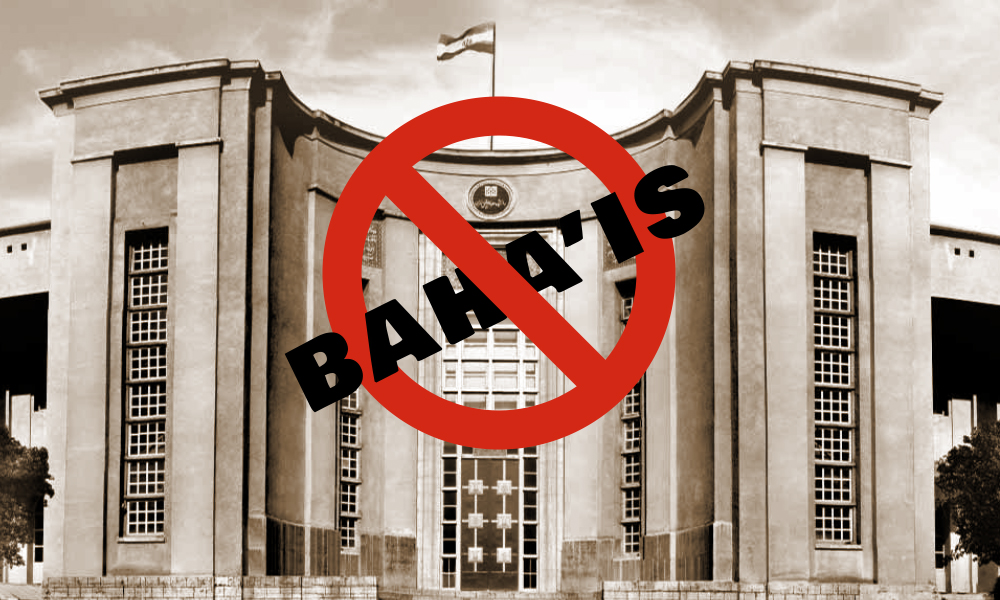Source: www.en-hrana.org

Since the beginning of this year, HRANA, the news agency of Human Rights Activists, has documented 16 cases of Baha’i citizens being barred from higher education due to their faith.
As in previous years, many examinees of the nationwide university entrance exam encountered the message either “Rejected” or “Rejected due to general ineligibility”, indicating that they have been identified as Baha’i and hence barred from higher education.
According to HRANA, each year, numerous Baha’is examinees are rejected as the results of exams for various excuses by the official website of the National Organization of Educational Testing (NOET), an organization for holding the nationwide entrance exam.
Following the call of one of these citizens, NOET mentioned the intervention of the intelligence police as the reason for the rejection and in case an objection is filed, they can pass the written objection on to the intelligence police for further assessment.
In a written response to another citizen, NOET stated, “This message is shown when the intelligence office or any other security institution has an open case regarding the examinee or they have not approved his/her ineligibility. Your objection will be passed on the intelligence office, but until you identify yourself as Baha’i, the objection will not be taken into account.”
After taking exams many times, Some of these citizens are still facing various excuses such as “document defect” and therefore, they are barred from continuing their education due to being Baha’i.
At odds with Iran’s law clarifying the rights to education indiscriminately for all citizens, the enactment of the Supreme Council of the Cultural Revolution of Iran, which oversees to ensure that education and culture remain Islamic, barres Baha’is from taking an occupational position as well as tertiary education.
Baha’i citizens are denied the right to exercise their religion. This systematic deprivation stands in violation of Article 18 of the Universal Declaration of Human Rights and Article 18 of the International Covenant on Civil and Political Rights, which both affirm that everyone has the right to freedom of thought, conscience, and religion.
According to unofficial reports, there are more than 300,000 Baha’is in Iran. While the constitution recognizes Islam, Christianity, Judaism, and Zoroastrianism as accepted religions (People of Book, as articulated in Sharia law), it denies recognizing Baha’i faith, which conclusively leads to the systematic violation of their rights.
Leave a Reply